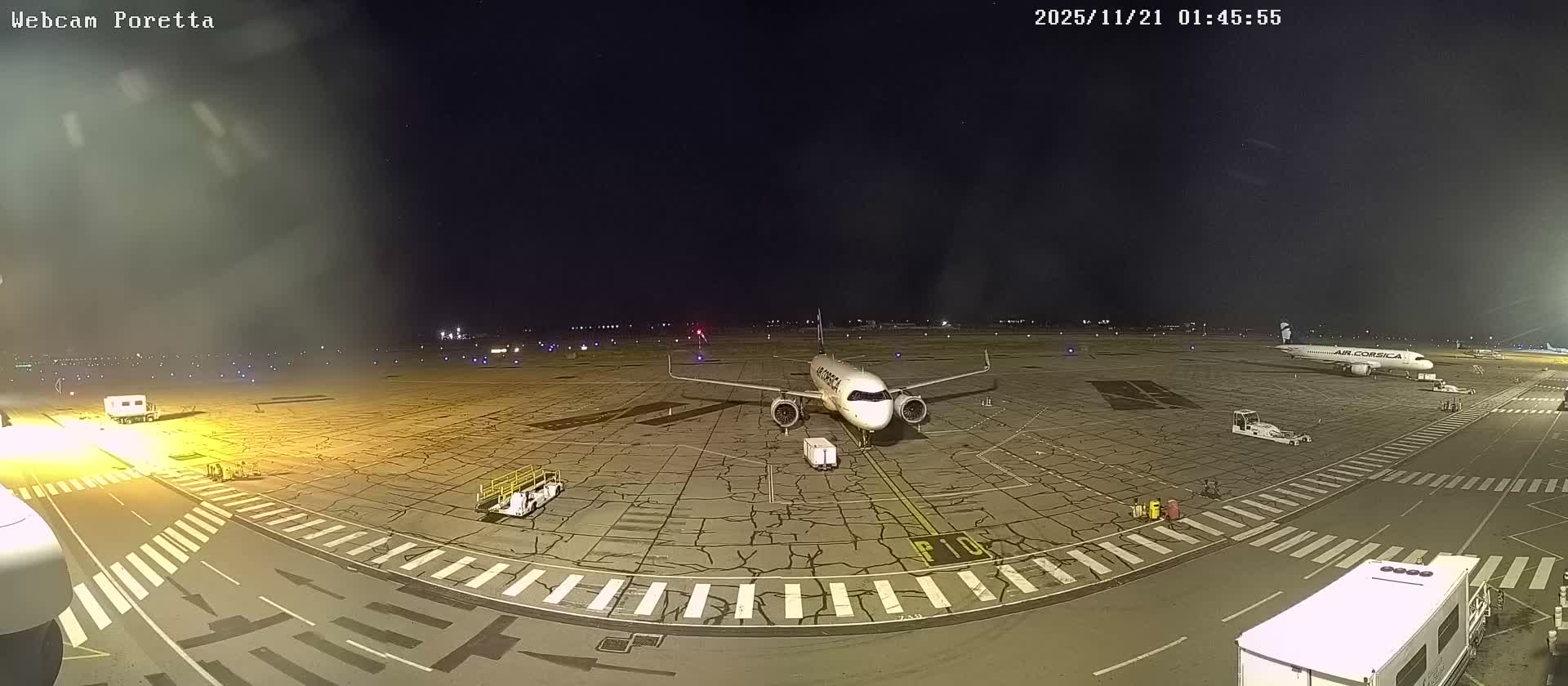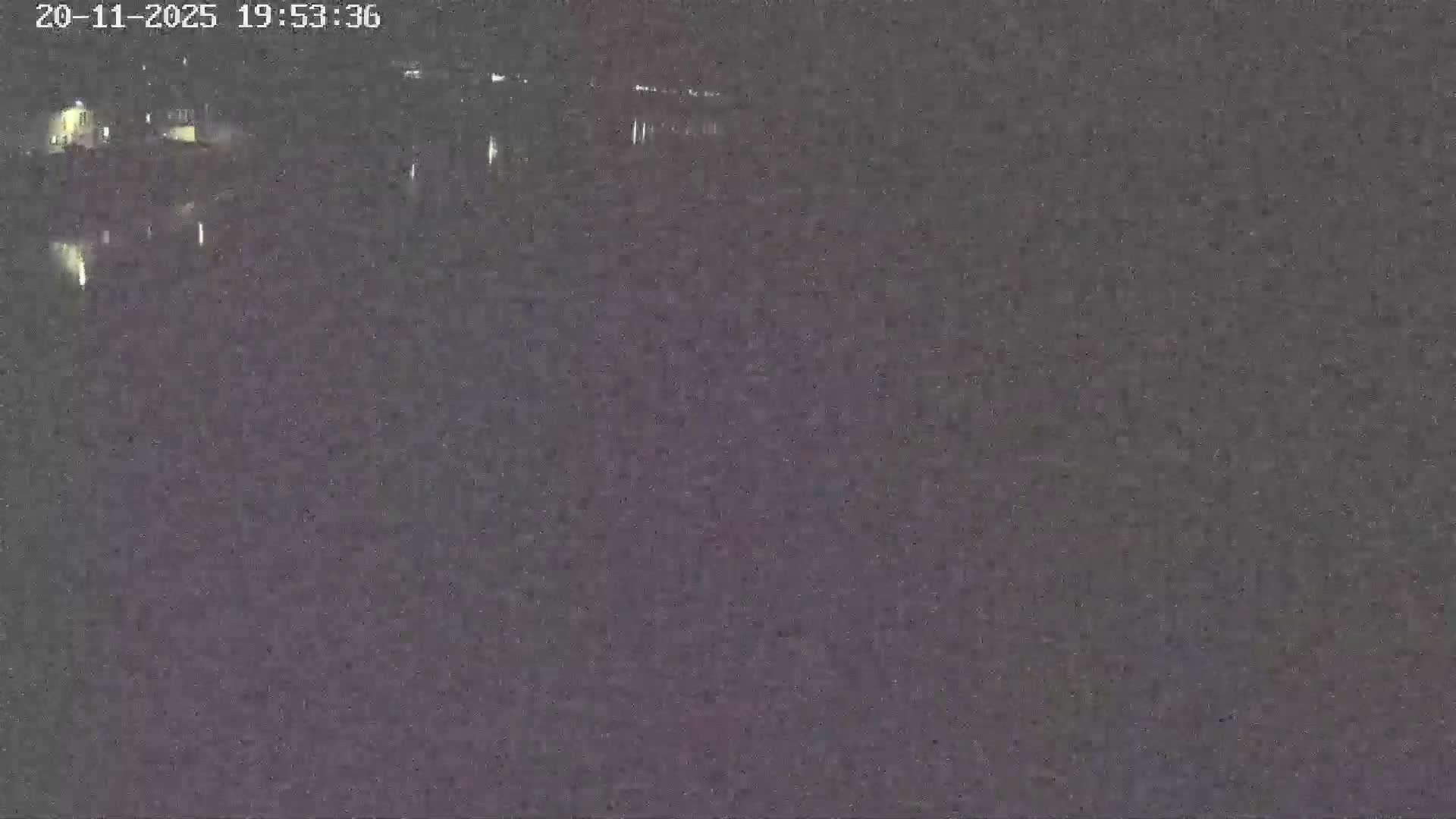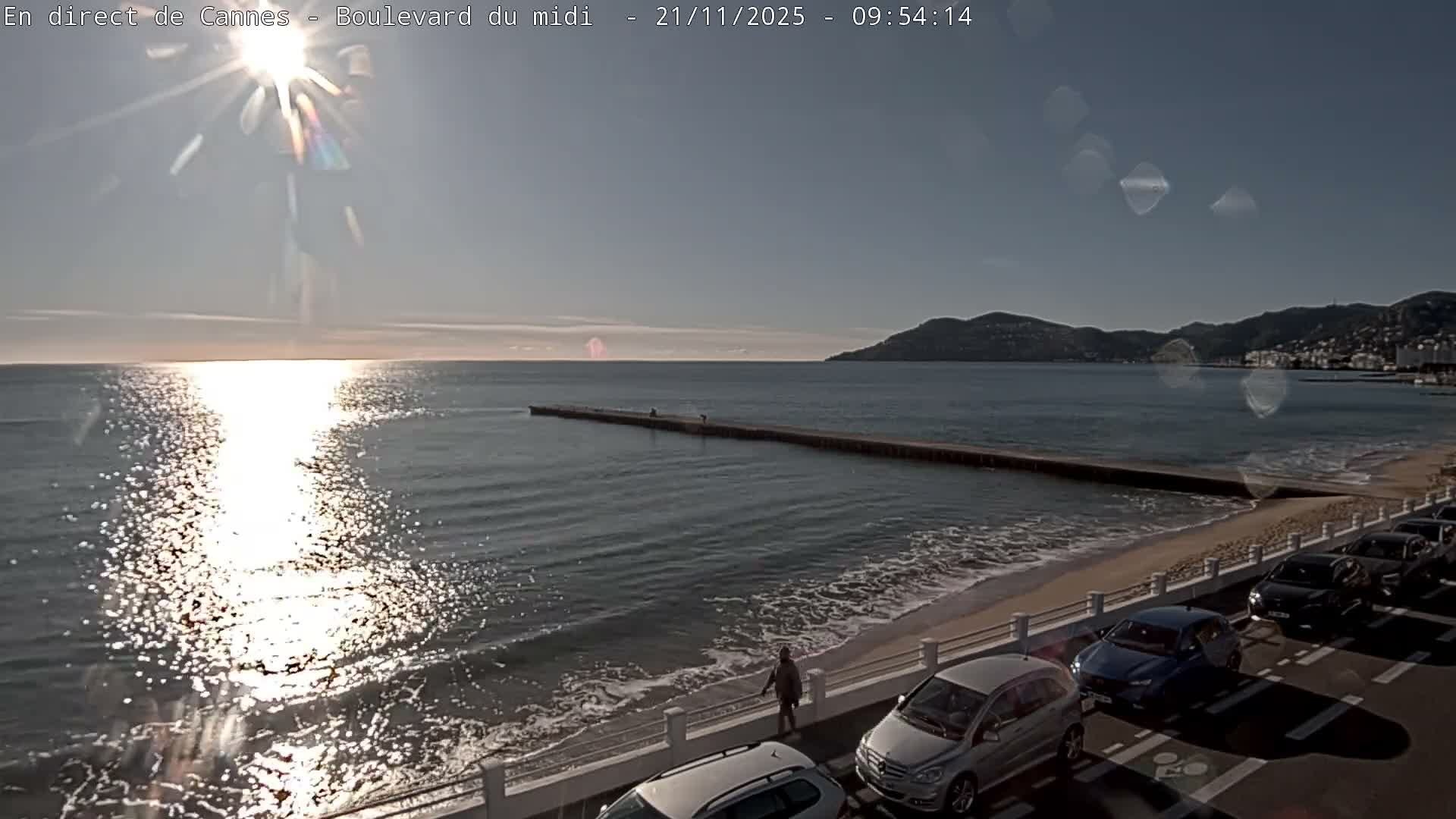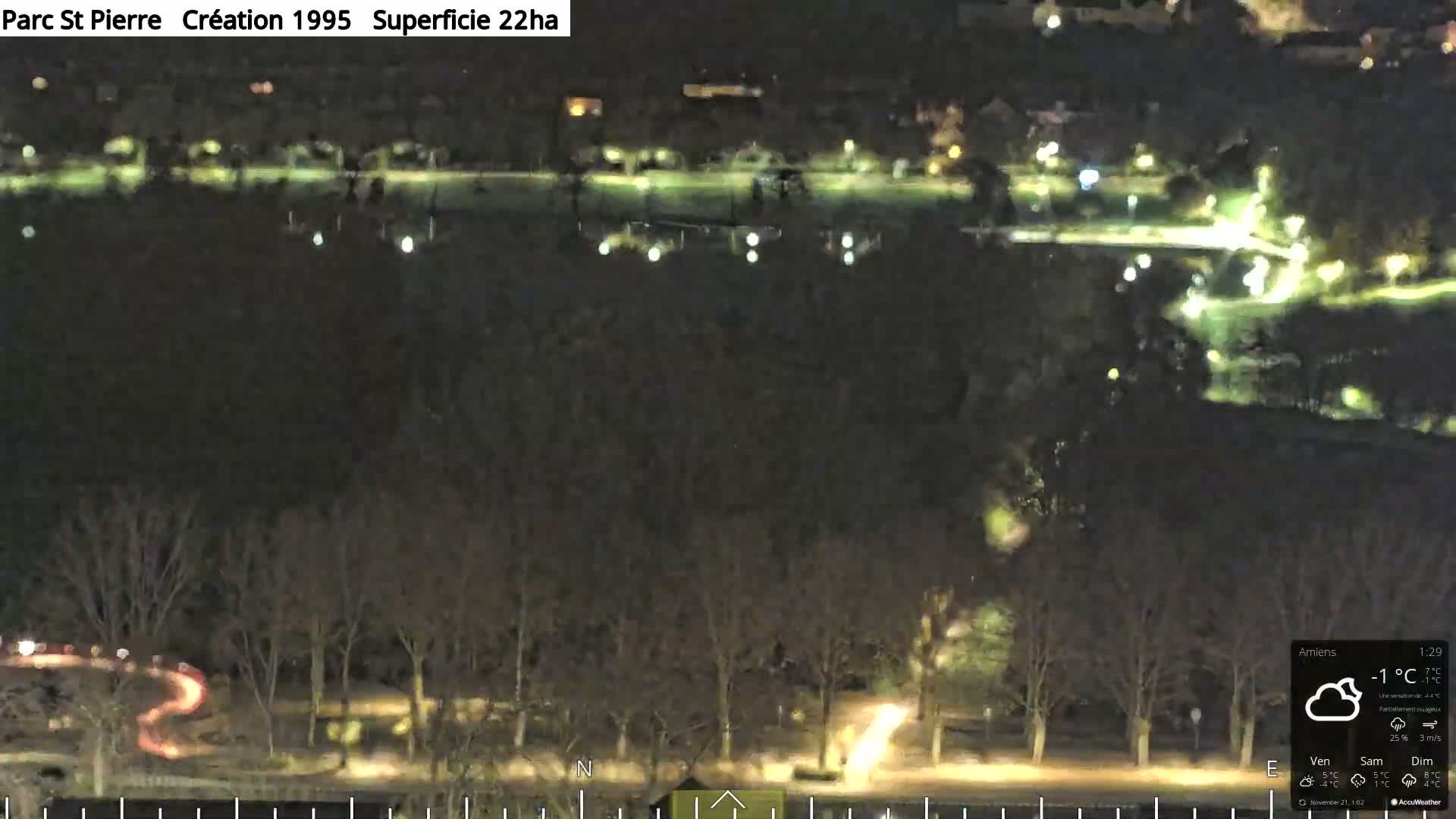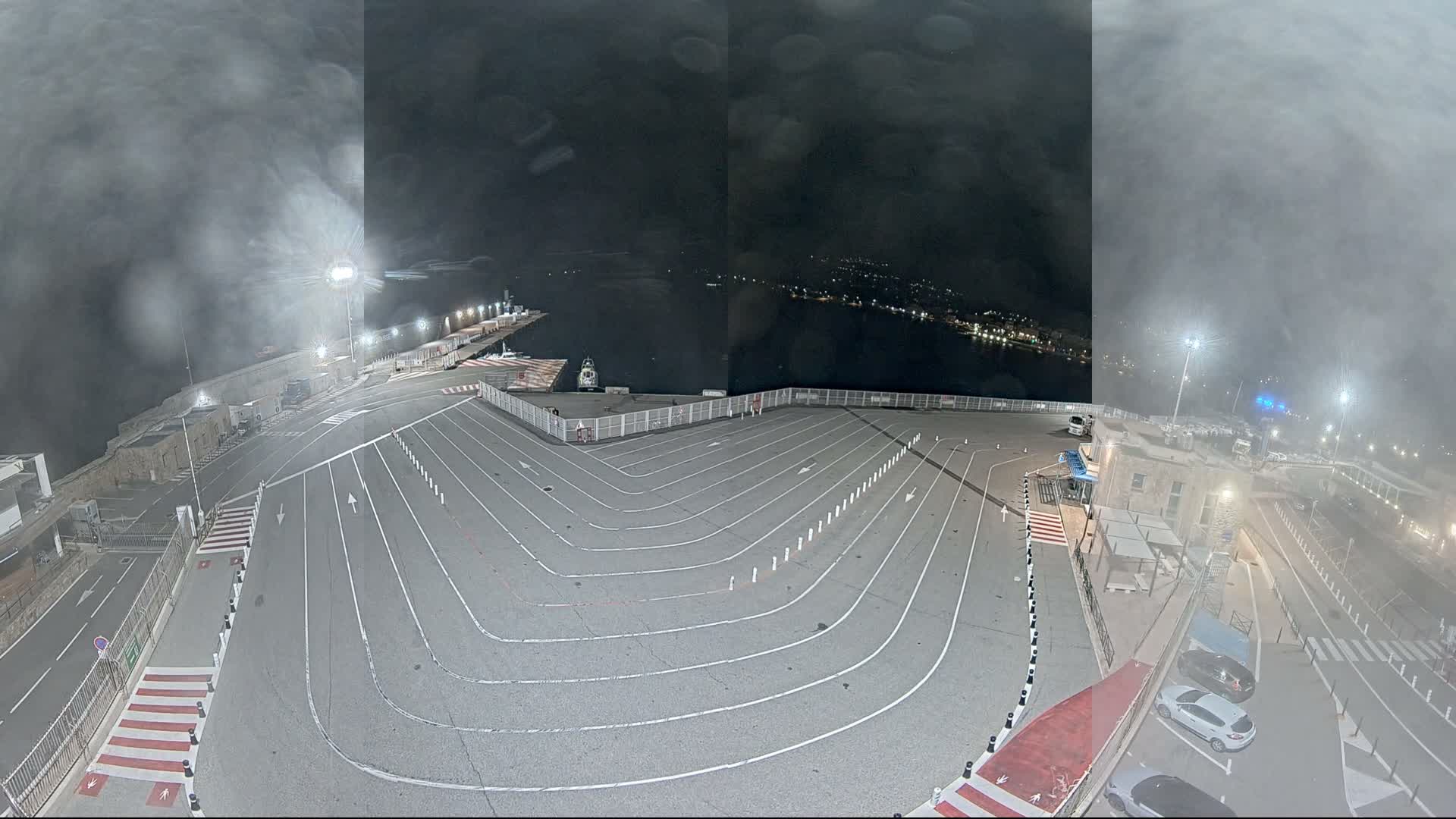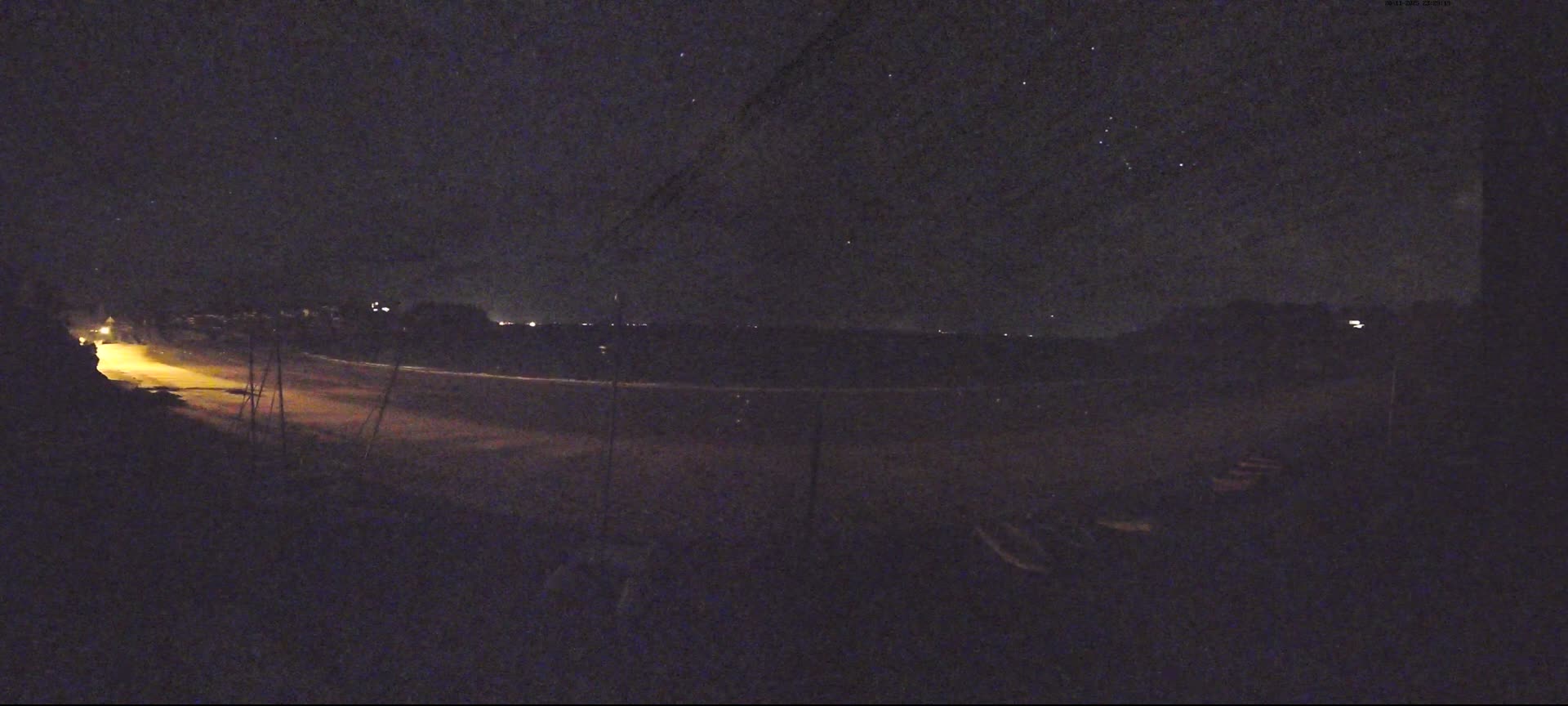France Urges EU Sanctions to Combat Surging Cross-Border Drug Trafficking & Organized Crime | Europe's Response
 France
Crime
France
Crime
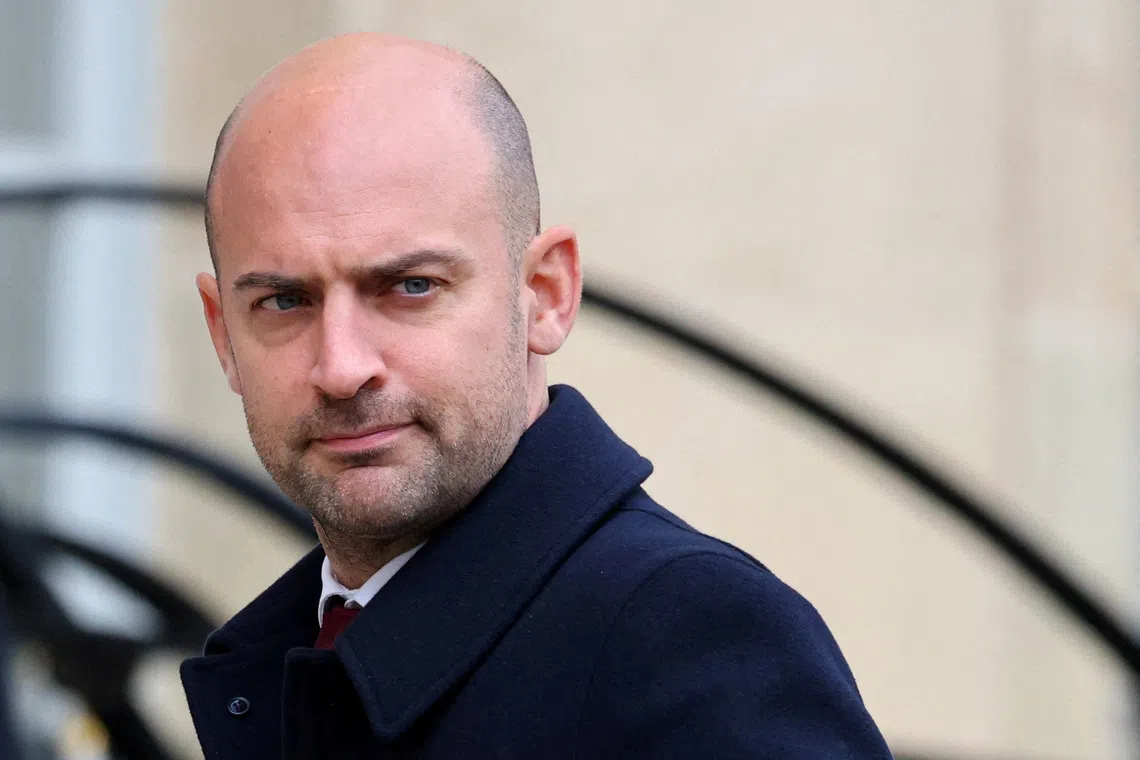
France's foreign minister proposes new EU sanctions targeting cross-border drug and human trafficking, responding to rising organized crime and violence across
France Urges EU Sanctions to Combat Surging Cross-Border Drug Trafficking & Organized Crime
France is spearheading a critical initiative within the European Union, advocating for the establishment of a robust sanctions regime designed to combat the escalating threat of cross-border organized drug crime. French Foreign Minister Jean-Noel Barrot made the proposal on Thursday in Brussels, emphasizing the urgent need for Europe to take decisive action against a problem he describes as "sweeping across the bloc."
Targeting Criminal Finances at the Root
Minister Barrot articulated that these proposed sanctions would specifically target the financial infrastructure of criminal networks, aiming to "hit them where it hurts, namely in their wallets, to eradicate the problem at its root." The move comes as France grapples with a significant surge in gang-related drug crime, alongside a broader increase in violence across the nation.
Marseille Tragedy Underscores Urgency
The urgency of the situation was starkly highlighted by the recent murder on November 13 in Marseille of Mehdi Kessaci, the 20-year-old brother of a prominent anti-drug crime activist, Amine Kessaci. French officials have condemned this killing as an "act of intimidation," bringing the devastating impact of drug violence into sharp national focus. Speaking at the European foreign ministers' meeting, Barrot directly referenced the Kessaci tragedy, asserting that it was imperative for Europe to "wake up" to the grave consequences of drug trafficking on public health and citizen safety.
Broadening the Scope of Sanctions
Barrot's comprehensive proposal extends beyond just drug trafficking, encompassing sanctions against individuals living abroad and their supporters involved in human trafficking, migrant smuggling, and arms trafficking. He distinguished this European approach from previous U.S. military strikes in the Caribbean – ordered by then-President Donald Trump – which Barrot had previously criticized as a breach of international law.
The Path Forward for EU Action
The French initiative now requires consensus among the EU's 27 member states. Diplomatic sources express optimism that the first phase of sanctions, which would likely include asset freezes and travel bans, could be implemented before the end of the year.
Europe's Battle Against a "White Tsunami"
The backdrop to this push is a troubling trend: Latin American cocaine shipments to Europe have fueled a dramatic increase in violence among organized crime groups across the continent. This influx of illicit funds has empowered dealers, making them willing to engage in deadly conflicts to protect lucrative territories, according to officials and analysts. France, in particular, has seen a "white tsunami" of cocaine, as described earlier this year by former Interior Minister Bruno Retailleau, following record seizures of 47 tonnes in 2024 – more than double the amount seized in 2023.
The rising tide of crime is not confined to urban centers. Interior ministry figures reveal a nearly 20% increase in murders in France since 2017, reaching 976 in 2025. This violence is now infiltrating smaller towns previously unaccustomed to the brutal realities of drug-related criminality. France's call for unified EU action underscores a continent-wide concern over the escalating power and reach of organized criminal enterprises.
